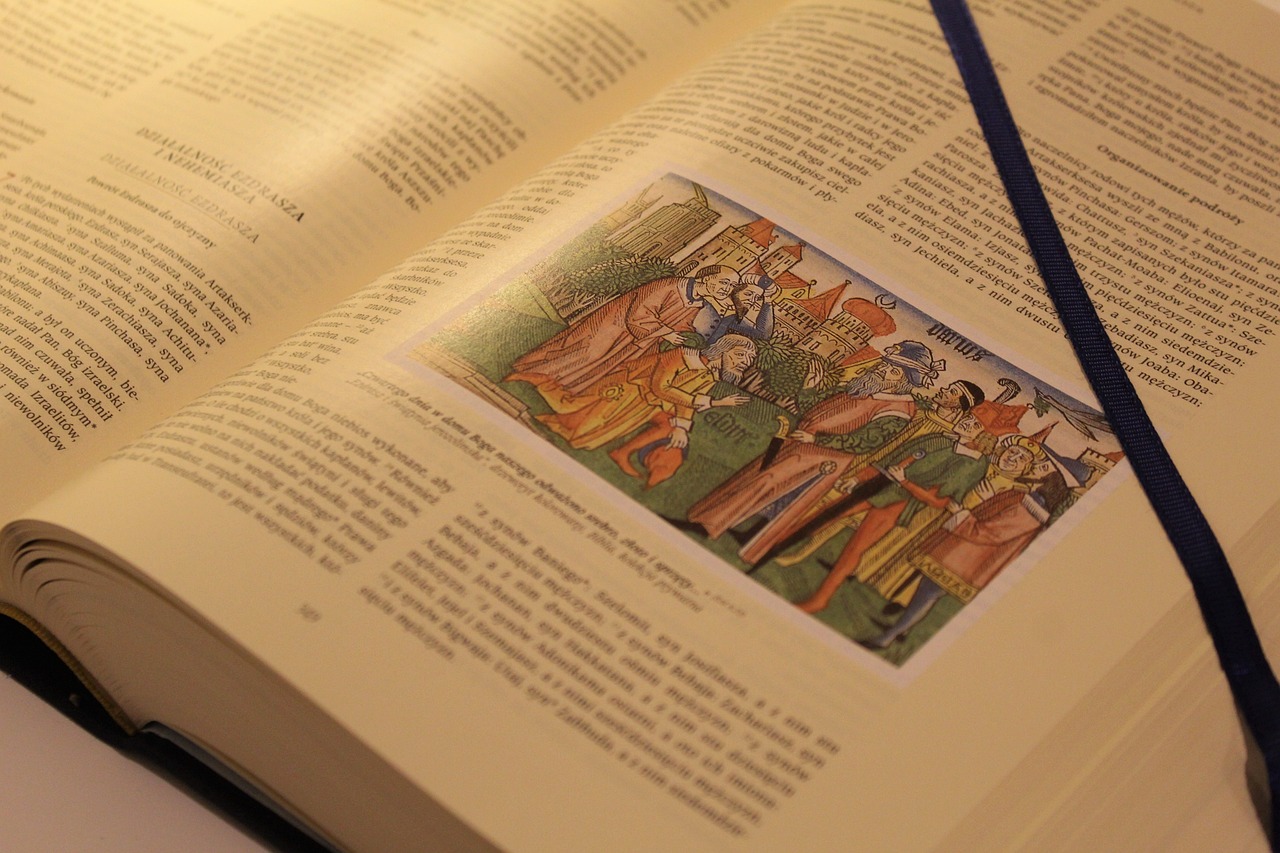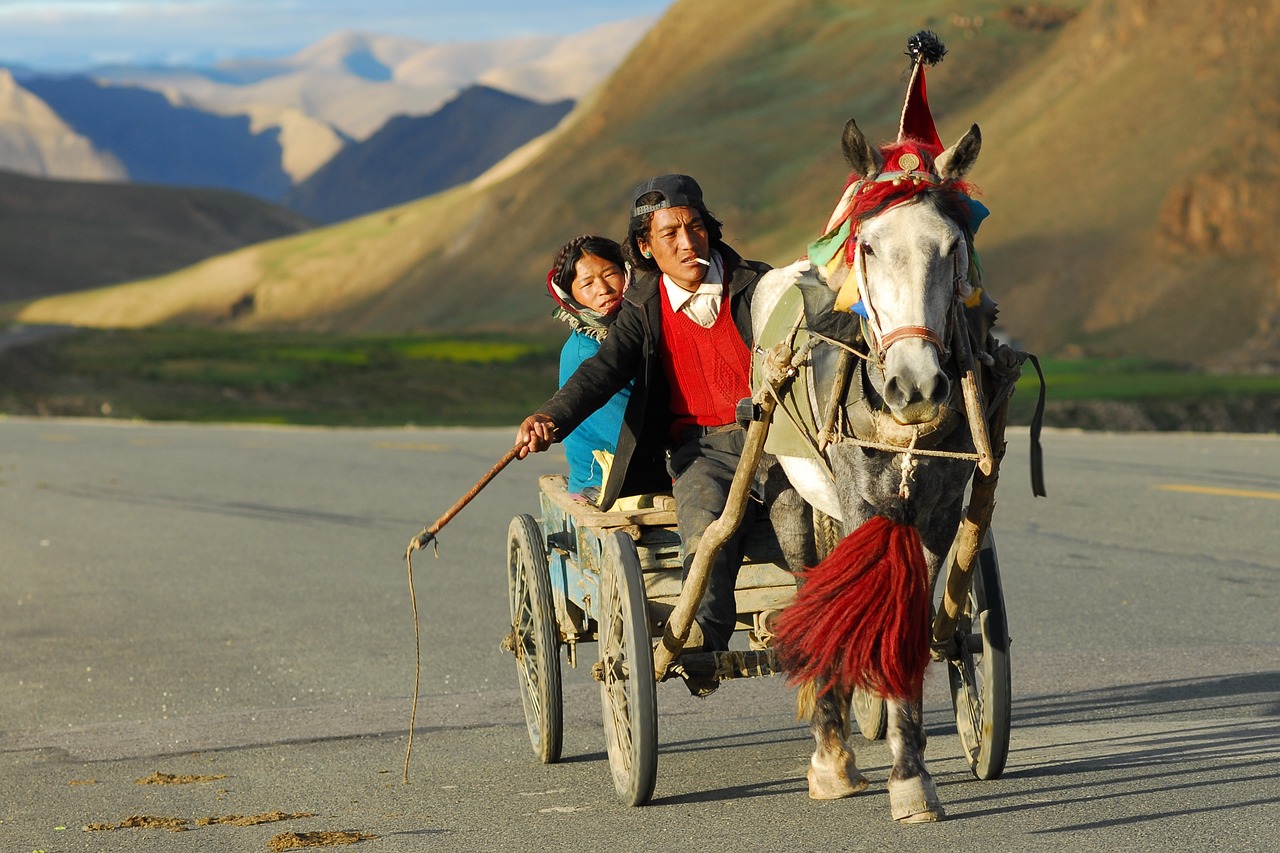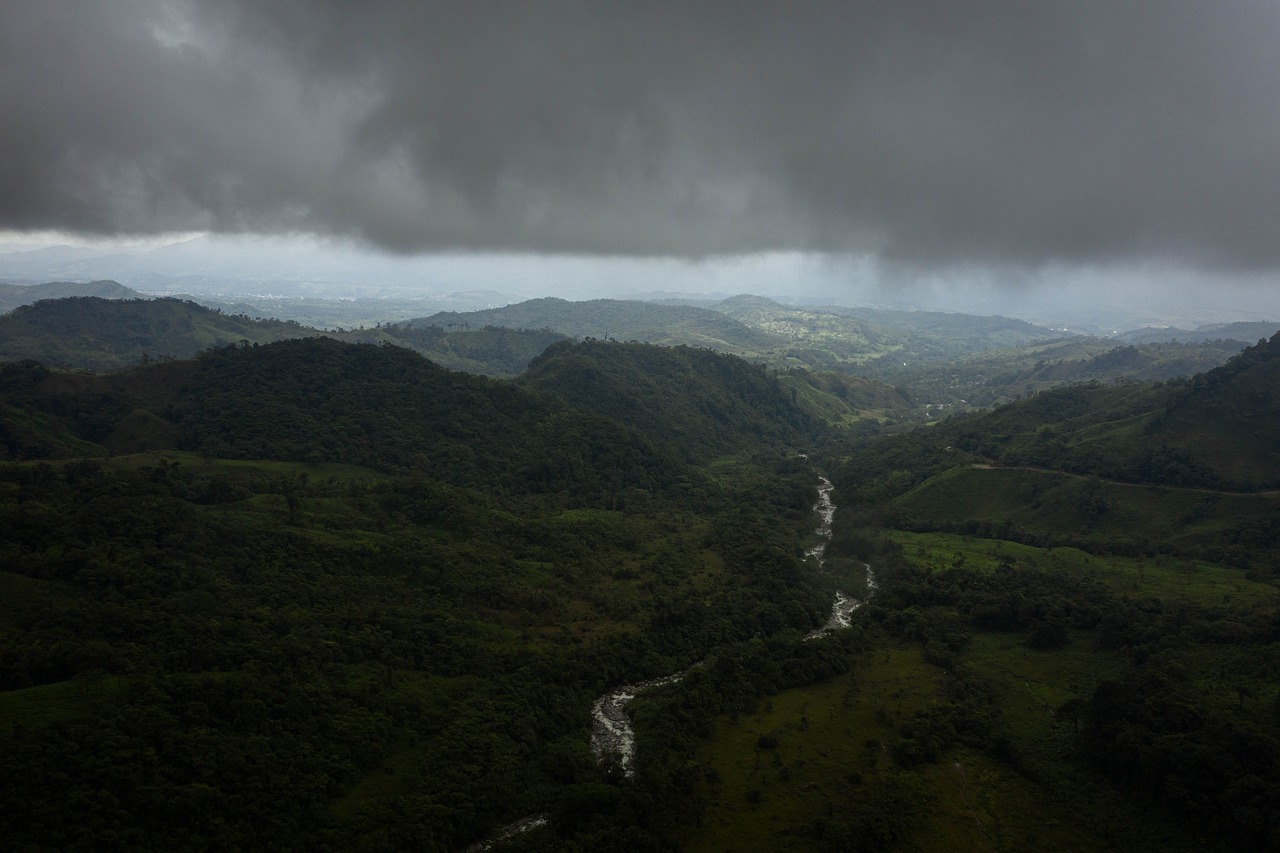The Impact of Globalization on Indigenous Heritage
Globalization has significantly impacted indigenous heritage around the world. The interconnectedness brought by globalization has influenced the preservation, promotion, and sometimes erosion of indigenous cultures, traditions, and identities. It's like a powerful wave that can either uplift or overwhelm the delicate tapestry of indigenous heritage.

Economic Impact
The economic impact of globalization on indigenous communities is a complex and multifaceted issue. On one hand, globalization has opened up new economic opportunities for indigenous peoples, allowing them to participate in the global market and access modern technologies. This has led to an increase in income and standards of living for some indigenous groups, enabling them to diversify their livelihoods and improve their economic resilience.
However, globalization has also brought significant challenges to indigenous economies. The influx of global markets and industries has disrupted traditional economic structures and practices, leading to the erosion of indigenous livelihoods based on subsistence farming, fishing, or hunting. The pressure to engage in cash-based economies and commercial activities has sometimes forced indigenous communities to abandon their sustainable practices in favor of more profitable but environmentally damaging activities.
Moreover, the unequal power dynamics in the global economy often disadvantage indigenous communities, making them vulnerable to exploitation by external corporations and governments. Land grabbing, resource extraction, and unfair trade practices can further marginalize indigenous peoples, exacerbating poverty and inequality within their societies.
In response to these economic challenges, some indigenous communities have been striving to assert their economic sovereignty and self-determination. By promoting local entrepreneurship, sustainable development projects, and community-based tourism initiatives, they aim to harness the benefits of globalization while preserving their cultural and environmental values.

Cultural Appropriation
Cultural appropriation is a complex issue that arises from the interplay between globalization and indigenous heritage. As global culture spreads, it often leads to the misappropriation of indigenous traditions, symbols, and knowledge. This phenomenon occurs when elements of indigenous cultures are adopted or used by individuals or groups outside of those cultures, typically without proper understanding, acknowledgment, or respect for their origins. The commercialization of indigenous art, fashion, music, and rituals is a common example of cultural appropriation, where these cultural expressions are commodified for profit without benefiting the indigenous communities they belong to.
Moreover, cultural appropriation can result in the distortion or misrepresentation of indigenous heritage, perpetuating stereotypes and undermining the authenticity of indigenous cultures. The lack of recognition and appreciation for the significance and sacredness of indigenous practices can lead to their trivialization and loss of cultural integrity. This not only disrespects the cultural heritage of indigenous peoples but also reinforces power imbalances and historical injustices that have marginalized these communities for centuries.

Language Loss
Globalization has played a significant role in the decline of indigenous languages, posing a threat to the cultural heritage and identity of indigenous communities worldwide. As dominant languages and media from around the globe become more prevalent, the native languages of indigenous peoples are often marginalized and face the risk of extinction.
One of the primary reasons for language loss among indigenous communities is the lack of support and resources for language preservation and revitalization efforts. With globalization promoting the use of widely spoken languages for communication and commerce, indigenous languages are gradually fading into obscurity.
Furthermore, the educational systems influenced by globalization often prioritize teaching dominant languages over indigenous languages, leading to a generational disconnect and a decreased proficiency in native languages among younger indigenous individuals.
The erosion of indigenous languages also stems from the limited access to digital technologies and online resources in native languages. As the digital divide widens between indigenous and non-indigenous populations, the lack of online content in indigenous languages further accelerates language loss.
Efforts to address language loss and promote the preservation of indigenous languages involve initiatives such as language immersion programs, community language classes, and the documentation of oral traditions. These endeavors aim to revitalize indigenous languages and pass them on to future generations, ensuring the continuity of cultural heritage.

Environmental Degradation
The impact of globalization on indigenous heritage has been profound, especially when considering the aspect of environmental degradation. As globalization drives the demand for natural resources, indigenous lands are often exploited, leading to irreversible environmental damage. This exploitation not only harms the ecosystems that indigenous communities rely on for their livelihoods but also disrupts the delicate balance that exists between these communities and their environment.
Picture a scenario where traditional lands, once teeming with biodiversity and serving as sacred spaces for indigenous peoples, are now scarred by mining operations, deforestation, or pollution from industrial activities. The loss of these natural resources not only threatens the physical well-being of indigenous communities but also erodes their cultural and spiritual connections to the land.
Furthermore, the pursuit of profit and economic growth driven by globalization often disregards the sustainable practices and deep respect for nature that are inherent in many indigenous cultures. This clash of values results in a conflict between the short-term gains of resource extraction and the long-term preservation of the environment for future generations.
Indigenous communities find themselves at the forefront of environmental degradation caused by globalization, facing the daunting task of protecting their lands and resources while also advocating for sustainable practices that respect the interconnectedness of all living beings. The challenge lies in finding a balance between economic development and environmental conservation that honors both the needs of the present and the legacy of the past.

Identity Crisis
The impact of globalization on indigenous communities has sparked an that resonates deeply within these groups. Imagine a young indigenous individual torn between the ancient customs passed down through generations and the allure of modernity brought by globalization. It's like standing at a crossroads where one path leads to the roots of their ancestors, while the other beckons with the promise of a globalized future. This internal struggle is not just a personal dilemma but a reflection of the broader challenge faced by indigenous societies worldwide.
The clash between tradition and modernity can create a profound sense of dissonance within indigenous communities. The pressure to adapt to the fast-paced, interconnected world driven by globalization often conflicts with the desire to preserve cultural heritage and traditional ways of life. This tug-of-war between embracing change and safeguarding identity can leave individuals feeling adrift, caught between two worlds that seem poles apart.
Moreover, globalization has introduced new norms, values, and consumerist ideals that challenge the core beliefs and practices of indigenous cultures. The influx of external influences can blur the boundaries of identity, leaving indigenous people grappling with questions of authenticity and belonging. How does one stay true to their roots in a world that constantly pushes for assimilation and homogenization?
The concept of identity goes beyond individual self-perception; it encompasses the collective memory, history, and cultural legacy of indigenous communities. Globalization's impact on identity extends to the very essence of what it means to be indigenous in a rapidly changing world. As traditions evolve and cultural boundaries blur, indigenous groups face the daunting task of preserving their unique identities while navigating the currents of globalization.

